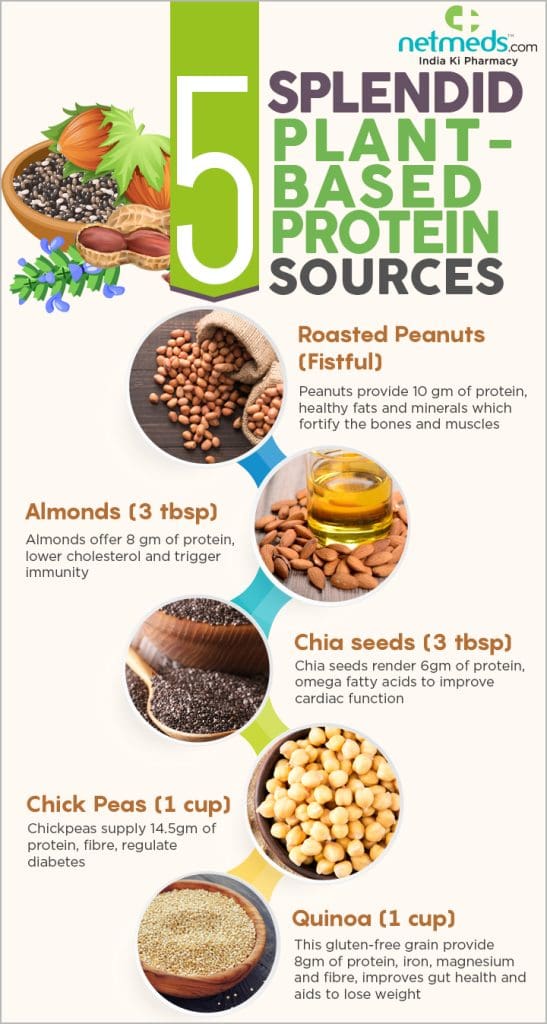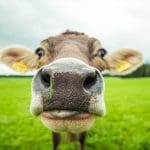Veganism has been gaining popularity in recent years, with more and more people choosing to follow a plant-based diet for ethical, health, and environmental reasons. However, there are still many misconceptions surrounding vegan nutrition, particularly when it comes to key nutrients like protein and iron. These myths often discourage individuals from adopting a vegan lifestyle, or cause concern for those already following it. In this article, we will delve into the world of vegan nutrition and debunk some of the most common myths surrounding it. We will address the questions and concerns surrounding protein and iron intake on a vegan diet, as well as explore other important nutrients that are often overlooked. With evidence-based research and expert insights, we aim to shed light on the truth behind vegan nutrition and provide a better understanding of how a well-planned plant-based diet can meet all of our nutritional needs. Whether you are a long-time vegan or just curious about the diet, join us as we bust these myths and uncover the facts about vegan nutrition.
Vegan diets offer ample protein
Dispelling common myths about vegan nutrition by providing evidence-based information on how to obtain essential nutrients from plant sources, it is important to address the misconception that vegan diets lack sufficient protein. Contrary to popular belief, vegan diets can provide ample protein to support optimal health and meet the recommended daily intake. Plant-based foods such as legumes, tofu, tempeh, seitan, and quinoa are excellent sources of protein, offering complete amino acid profiles. Additionally, incorporating a variety of nuts, seeds, and whole grains into a vegan diet can further contribute to meeting protein needs. By combining different plant-based protein sources throughout the day, individuals following a vegan lifestyle can easily obtain the necessary protein for their bodies’ nourishment and overall well-being.

Plant-based iron sources are plentiful
Plant-based iron sources are plentiful, debunking another common myth about vegan nutrition. Contrary to the belief that iron deficiencies are inevitable on a vegan diet, there are numerous plant-based options that provide this essential nutrient. Leafy greens such as spinach, kale, and Swiss chard are rich in iron, as are lentils, chickpeas, and beans. Other iron-rich plant foods include quinoa, fortified cereals, nuts, and seeds. It’s important to note that while plant-based sources of iron may be non-heme iron, which is not as readily absorbed as heme iron from animal products, the absorption can be enhanced by consuming vitamin C-rich foods alongside iron-rich meals. By incorporating a variety of these plant-based iron sources into a balanced vegan diet, individuals can easily meet their iron requirements and maintain optimal health.

Calcium is not just for dairy
Calcium is not just for dairy. Dispelling common myths about vegan nutrition by providing evidence-based information on how to obtain essential nutrients from plant sources. While dairy products are often touted as the go-to source of calcium, it’s important to note that there are plenty of plant-based options that can provide this vital mineral. Dark leafy greens such as broccoli, kale, and bok choy are excellent sources of calcium. Additionally, fortified plant-based milks, tofu made with calcium sulfate, and calcium-fortified orange juice offer alternative ways to meet your calcium needs. It’s worth noting that calcium absorption can be influenced by various factors, such as the presence of oxalates or phytates in certain plant foods. However, by combining calcium-rich plant sources with foods high in vitamin D and reducing the intake of calcium inhibitors, such as excessive caffeine or sodium, individuals can ensure optimal calcium absorption and maintain strong bones and teeth on a vegan diet.

Vegans can easily get B12
Dispelling common myths about vegan nutrition by providing evidence-based information on how to obtain essential nutrients from plant sources. When it comes to vitamin B12, it is often believed that vegans have a hard time meeting their requirements since this vitamin is primarily found in animal-based foods. However, there are actually several plant-based sources and fortified products that can easily provide vegans with an adequate intake of B12. Nutritional yeast, which is commonly used in vegan cooking, is a great source of B12. Additionally, fortified plant-based milks, breakfast cereals, and meat alternatives are readily available and can be included in a vegan diet to ensure sufficient B12 levels. It is important for vegans to be mindful of their B12 intake and consider supplementation if needed, as this vitamin is essential for proper nerve function and red blood cell production. By incorporating these plant-based sources and being aware of the need for B12, vegans can easily meet their nutritional requirements and maintain a balanced diet.
















































